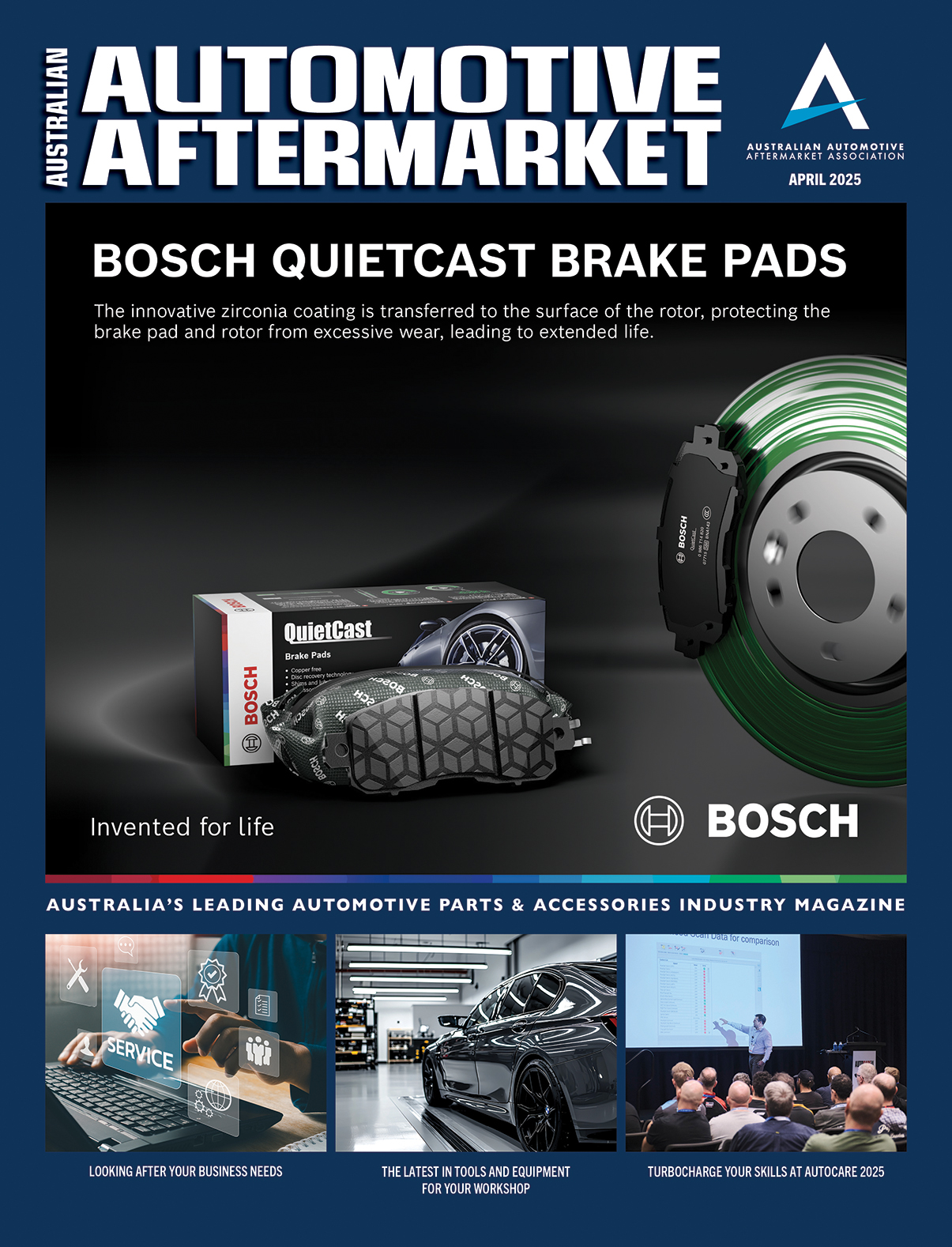BILSTEIN TALKS AIR SUSPENSIONS
A recent episode of Bilstein’s video series offers tips for correct installation, while warning against cheap ‘online’ parts

Cars supplied with air suspension from the factory are becoming more popular, and so car workshops are also being confronted more and more often with air suspensions.
In one of the latest episodes of the “Suspension Fundamentals – powered by Bilstein Academy” video series, Bilstein explains why it feels the challenges for workshops aren’t that great.
Premium suppliers such as Mercedes-Benz, BMW and the like in particular are increasingly equipping their vehicle models with comfortable air suspensions.
Sometimes they have air suspensions fitted both on the rear axle and on the front axle. Others only have air suspension on the rear axle for level control.
For car workshops, this development means new target groups and new potential.
Bilstein explains that it supplies high-quality B3 air springs and B4 air suspension modules for many different vehicles, from the Audi A8 to the VW Touareg.
Particularly interesting new additions to the range include spare parts for the Mercedes S-Class W222 and the GLE V167.
Bilstein would however like to warn against cheap remanufactured old parts from the internet with regard to air suspension modules.
Bilstein explains that while remanufactured starters and alternators can be an alternative to brand-new spare parts, with the quality of the former comparable to that of new parts, it says the situation is different for air suspension modules.
“We also purchase such cheap products at the Bilstein Academy, of course, and then analyse exactly what’s actually behind them,” Bilstein Academy Head, Rainer Popiol, said.
“The alarming thing is that these are often old, discarded air suspension modules that have been spruced up on the outside and made to look ‘as new.’
“Inside, however, old components that have only been repaired as far as necessary and used shock absorbers of varying mileage are at work.
“In addition, the solenoid valves are often inoperable or missing, turning an active system into a passive one.
“There is therefore an immense safety risk for motorists, and there is a great danger for workshops that customers will be left annoyed.
“Bilstein takes the view not to do things by halves. Car workshops can therefore be confident that all Bilstein air suspension components are 100 percent brand new and perfectly match the original equipment in terms of quality.
“We produce air suspension modules for original equipment. And it is precisely this standard and this quality requirement that we also have for our OE replacement parts.”
Working with products such as the B4 air suspension module or the B3 air spring from Bilstein involves special requirements.
Yet, if mechanics follow a few basics, the replacement of air suspension components can be mastered without any great problems.
There are many components working on the inside of the air suspension module that are already familiar from conventional shock absorbers.
However, the assessment and identification of defects is carried out somewhat differently than in the case of problems with a conventional suspension system.
Since, for example, the B4 air suspension module is designed as an enclosed component, unlike the familiar suspension struts with open shock absorber and separate spring, oil leaks cannot usually be detected.
This makes further checks all the more important, such as a test drive to check for noises and driving stability.
In addition, automotive professionals can actuate the solenoid valves in order to check the condition of these components.
To replace a defective old air spring or air spring module, workshops should closely follow the installation instructions, in which Bilstein guides automotive professionals through the correct installation step by step using suitable illustrations.
Bilstein expert Mustafa Yavuz also has a valuable general tip for the installation of all kinds of air suspension systems.
“What I personally always recommend: do not lower the vehicle completely from the car lift, set it down gradually,” Mustafa said.
“Before it is lowered completely, pressure must have built up. The engine should also be started, because that way I get the signal via the compressor when there is enough air in the system.”
For more information, visit workshop.bilstein.com
Photos: Copyright BILSTEIN 2022









